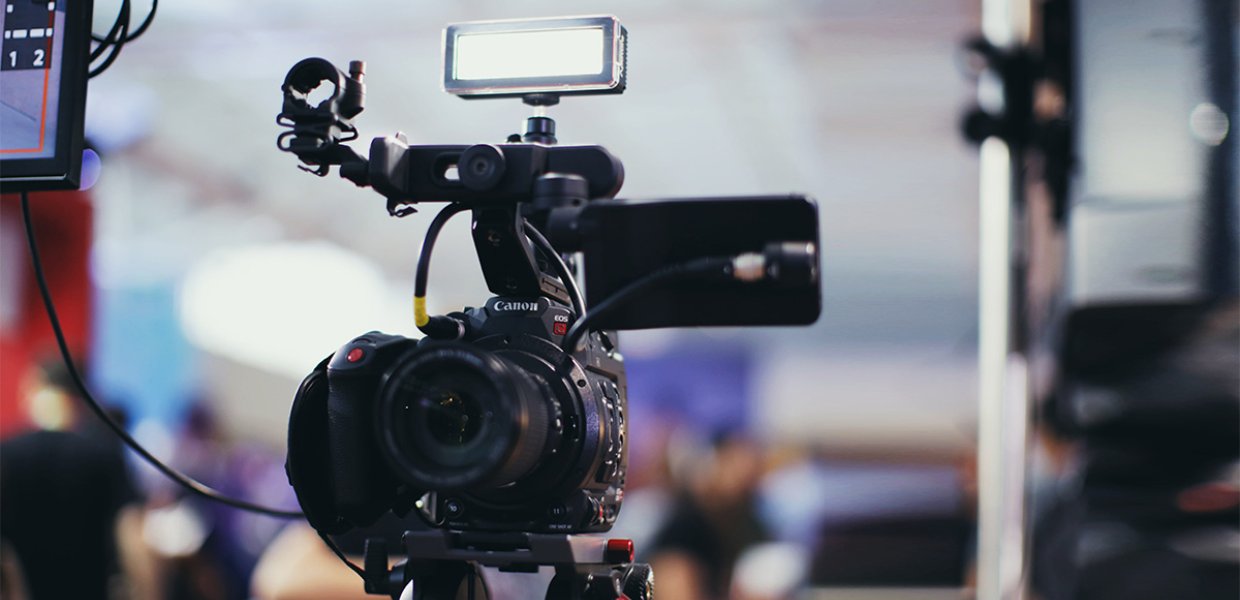On Saturday, Jan. 25, the TIME’S UP Foundation and the USC Annenberg Inclusion Initiative released a new report, “Inclusion at Film Festivals,” which examined the gender, race, and ethnicity of narrative film directors, film festival programmers, and executives from 2017–2019.
The study found that 2019 was a banner year for female filmmakers and other underrepresented directors. However, despite the important progress underway, the study reinforces an all-too-common pattern: women and people of color are vastly underrepresented at film festivals worldwide, which are often the point of entry to the industry for emerging filmmakers.
“Despite the progress that is underway, the fact is that the voices and talent of women and people of color remain marginalized,” said Stacy L. Smith, founder of the USC Annenberg Inclusion Initiative. “The data in this report makes it clear that the next generation of women of color filmmakers are not being launched into the industry at the same rate as their white male peers.”
TIME’S UP and the USC Annenberg Inclusion Initiative released the study on Saturday at the Sundance Film Festival during a panel conversation hosted in partnership with The Latinx House. Panelists included Smith, actress and director Eva Longoria, director Angela Robinson, and the Sundance Institute’s Dilcia Barrera.
Commissioned by the TIME’S UP Foundation, the study analyzed the demographic makeup of film directors and festival programmers and executives across the top five global film festivals and the top 10 North American film festivals. Globally, the study found that only 25 percent of directors in competition sections across the last three years were women.
For women of color, the disparity is even more stark: Only 8 percent of film directors in competition at the top five film festivals were women of color — compared with 47 percent white men and 17 percent white women.
The study found a similar pattern in North America, where 71 percent of directors were men, compared with 29 percent who were women. Likewise, 17 percent were white women and 12 percent were women of color — compared with white men, who made up 45 percent of film directors at North American festivals.
“Film festivals play a critical role in shaping our culture, which is why representation and access is so critical,” said Tina Tchen, president and CEO of the TIME’S UP Foundation. “While some festivals are taking the lead in featuring the voices of women and women of color, this study drives home the need to expand opportunities for women festival programmers — and, in so doing, women directors — of all backgrounds. We can do better.”
The study also analyzed the demographics of festival programmers, who determine the slate of movies released at film festivals. Demonstrating the impact of representation on whose stories get told and what voices are amplified, the study found that when festivals had more women of color working as programmers, they were more likely to showcase underrepresented female directors.
This finding reveals why increasing the number of women of color in decision-making roles is crucial to expanding opportunities for female directors from all backgrounds.
“As we have seen in our other collaborative work with TIME’S UP, inclusion amongst those who evaluate content is essential,” said Smith. “When film festivals are inclusive of women of color as programmers, there is a clear impact on the directors who get to participate. Festivals must ensure that their teams represent the audiences they hope to serve.”
The report is the latest from the Annenberg Inclusion Initiative, and can be found online here.
About TIME’S UP Foundation
The TIME’S UP™ Foundation is the industry and impact arm of TIME’S UP. We enable more people to seek justice through the TIME’S UP Legal Defense Fund™. We pioneer innovative research driving toward solutions to address systemic inequality and injustice in the workplace through the TIME’S UP Impact Lab. And we support industry leaders in shifting the paradigm of workplace culture toward one of safety, equity, and dignity for women of all kinds through TIME’S UP’s industry change initiatives. The TIME’S UP Foundation is a 501(c)(3) charitable organization.
